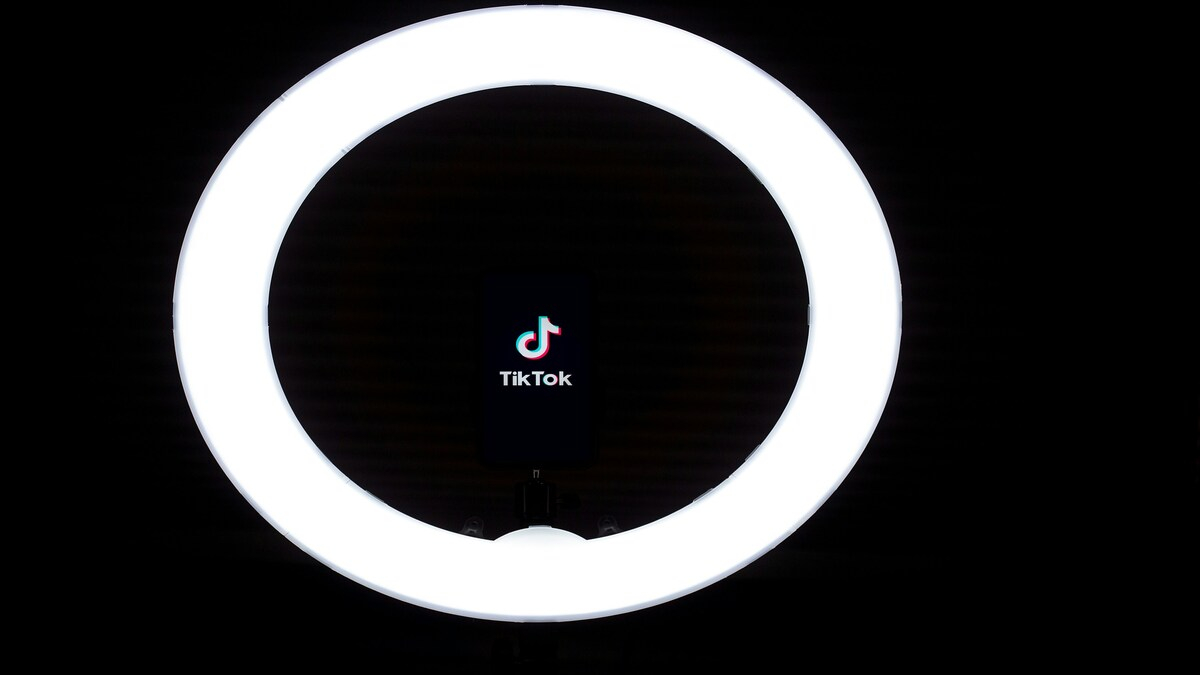This is for free speech and national security interests clash, pending deliberation by the Supreme Court on the significant case of TikTok, which is used by almost half of the people in the U.S. The law is set to go into effect on January 19, 2025, and it could require divestment by ByteDance, TikTok’s Chinese parent company, or face a ban from the United States in relation to the application.
In December, TikTok had claimed in court that, for its 170 million American monthly users, such a law would amount to the termination of the site while calling it “one of the most significant free speech platforms in this country.” Adding more fuel to the fire, President-elect Donald Trump has intervened by requesting the court to delay implementing the ban so that his incoming government could seek political resolution.
The law is unprecedented as a restraint against speech, according to TikTok, ByteDance, and their users, asserting that it violates First Amendment protections. Lawyers for the content creators emphasized the enormous reach the case has, with the creators already moving in search of alternative platforms relying on TikTok for their livelihood.
The law was enacted by the Biden administration to great bipartisan support, supporting the idea that there is indeed a national security threat from TikTok due to possible influence by the Chinese government on ByteDance. But TikTok claims that there is no evidence that has come forth to show that ever misused the application or accessed the data through the users.
An appellate panel of judges supported it in December, arguing that national security concerns alone made the imposition of such a law inevitable. However, TikTok claims that those fears are matters of probability and they lack the high standard Constitution requires before restrictions on speech can be imposed.
Pathways to avoid a tik tok ban
Fresh from the Supreme Court weighing substantially more about its case, experts say that TikTok may not escape the possibility of a ban. Once in office, President Trump could give instructions to the Justice Department to not enforce the law or take action against firms like Apple and Google for keeping TikTok in their app stores. Alternatively, he could suggest a 90-day deferral of the law’s effect if divestiture progress is shown.
Even if the law comes into force, TikTok will not evaporate from its users’ devices. However, they will not be able to download updates, nor will new users be able to download the app. Prolonged suspension, even for a month, will see the loss to TikTok of about a third of its US user base and big advertising losses.
Only a few days before the law will be enacted, the stakes are high as the court hears arguments. The TikTok team of lawyers, and Professor Jeffrey Fisher of Stanford Law, argues that this case must apply the strict scrutiny standard-a legal standard that often invalidates laws that infringe constitutional rights.
They say the precedent for a ban on TikTok is that of restrictions on foreign ownership in broadcast-type industries such as radio. The act is supposedly a necessary measure to curb Chinese influence. How the judiciary decides on the level of scrutiny becomes crucial to TikTok’s fate.
A complex and high-stakes decision
The battle is also expected to open up discussions about the implications of capital state regulation of social media platforms by the government in addressing national security issues. Justices who admit to having little familiarity with the platform will now need to weigh free speech norms- navigating uncertain territory- with possible security threats.
The court allotted an estimated two hours to the arguments, likely to exceed that time. Heavyweights from the legal fraternity, such as Elizabeth Prelogar of the Biden administration, Noel Francisco for TikTok, and Jeffrey Fisher for creators and consumers, would be appearing.
The ruling is expected within days, and the ruling will not only determine the fate of TikTok as a company but also how free speech interacts with national security in the digital era. For much of the millions of users, creators, and businesses, the decision could bring a change in their social media.
